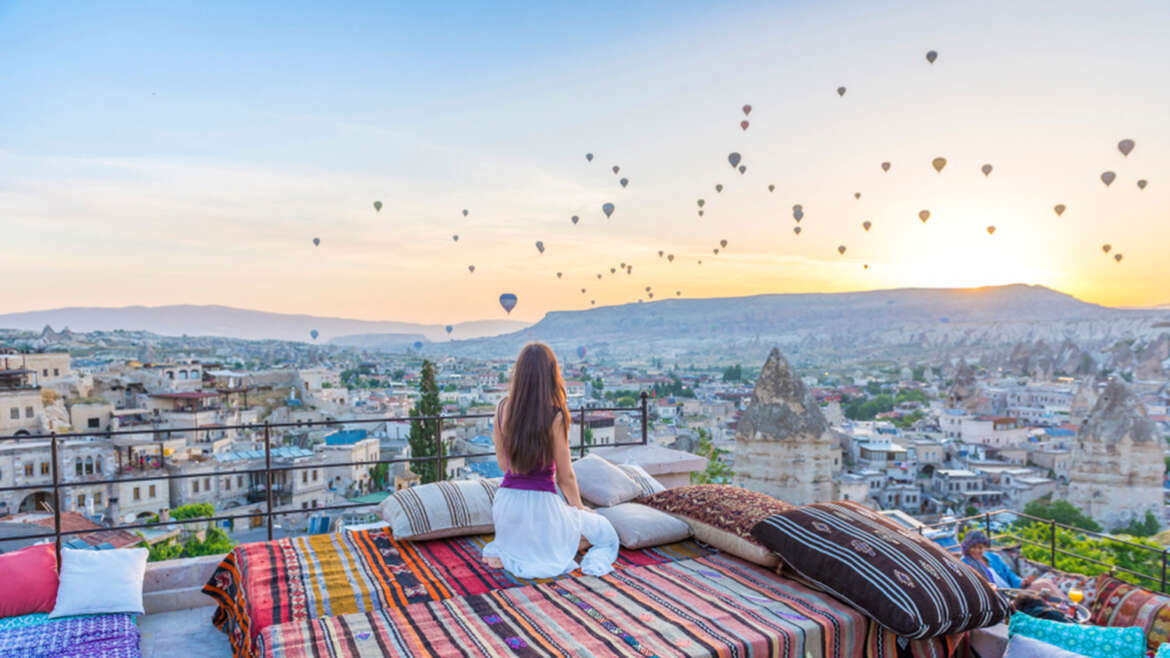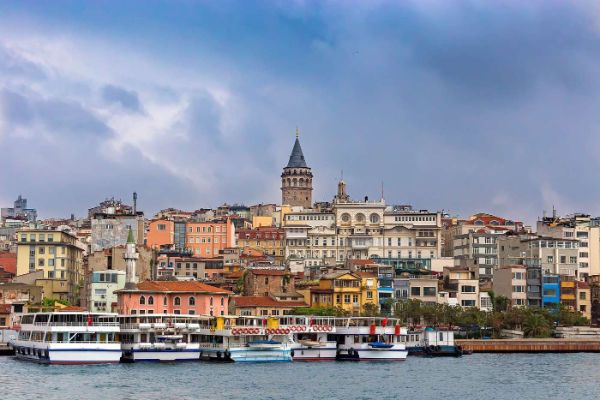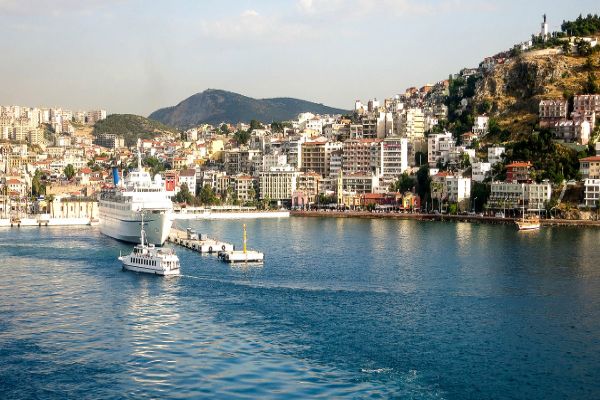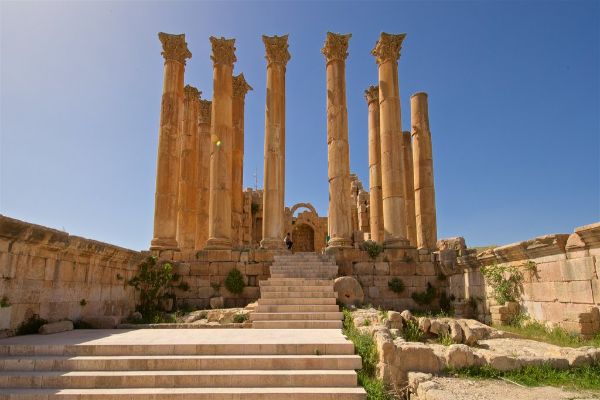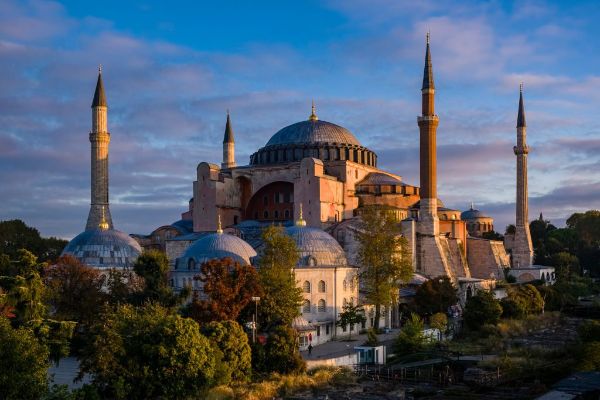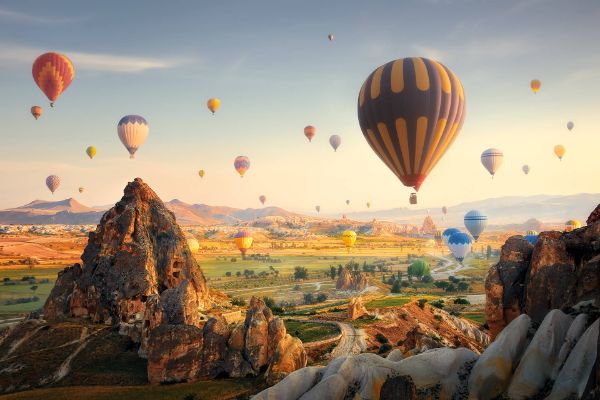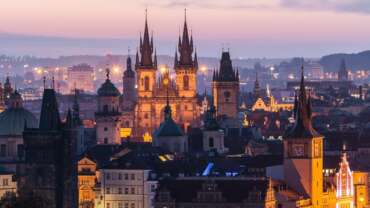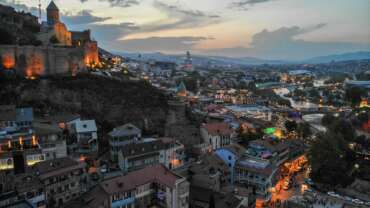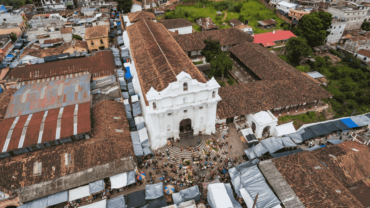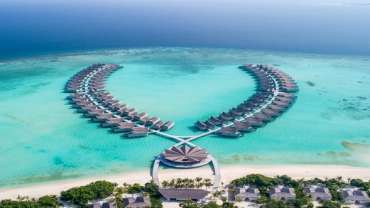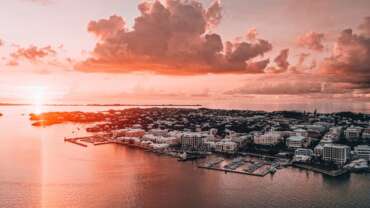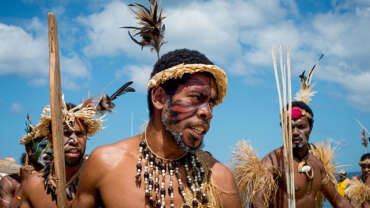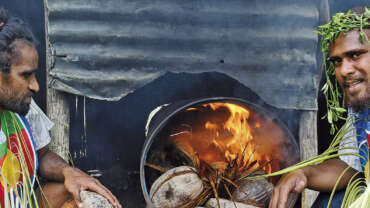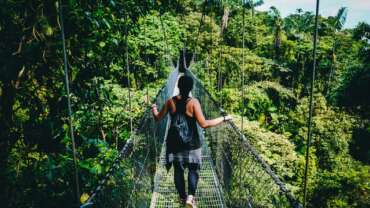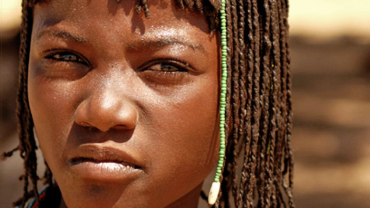MICE in Turkey - Be Our Guest!
Turkey’s rich beauty and wealth of sights, sounds and tastes make it the ideal M.I.C.E. destination. From bustling cosmopolitan cities, to beautiful beach resorts, to stunning countryside, Turkey provides a unparalleled backdrop for any business meet. Your conference or meeting delegates will be delighted by the blend of tradition, culture, beauty, nature and comfort topped off by the warm Turkish hospitality.
We have been providing M.I.C.E services since its inception, and our team are ready to help you plan an event to remember.
Destination and Venue Research & Management
– We search the most suitable destinations, hotels and venues in Turkey for meeting and incentive groups.
– We manage and we present a final report of the event.
Meeting Organization
– Set-up and dressing of the venue.
– Stage & backdrop design and production.
– Audio-visiual and technical equipment supply.
– Meeting flow management.
Tours and Activities
– Exclusive tours.
– Thematic programs.
– Cruise organization.
– Team building and motivational activities.
Gala Nights and Exclusive Performances
– Gala dinner organization with artists,
dancers, DJ performances.
– Light & sound equipment supply.
– Stage design and application.
– Venue and table dressing.
Logistics
– Transfers.
– VIP services.
– Organization staff (host-hostess-guide).
– Printed materials design and production.
– Visual recording of the event.
– Post-production material of the event.
History of Turkey
This entry discusses the history of modern Turkey from its formation in the aftermath of the Ottoman defeat in World War I (1914–18) until the 21st century. For discussion of earlier history of the area, see Anatolia; Ottoman Empire.
Mustafa Kemal and the Turkish War of Independence, 1919–23
Although the legal Ottoman government in Istanbul under the 36th and last Ottoman sultan, Mehmed VI (Vahideddin; ruled 1918–22), had decided that resistance to Allied demands was impossible, pockets of resistance remained in Anatolia—the rump of the Ottoman state that later was to form the bulk of modern Turkey—after the Armistice of Mudros, the agreement that ended Ottoman involvement in World War I. These included bands of irregulars and deserters, a number of intact Ottoman units, and various societies for the “defense of rights.” Resistance was stimulated by the Greek occupation of İzmir (May 15, 1919).
At this time Mustafa Kemal—one of the empire’s most successful officers during the war—was sent on an official mission to eastern Anatolia, landing at Samsun on May 19. He immediately began to organize resistance, despite official Ottoman opposition. Through the Association for the Defense of the Rights of Eastern Anatolia (founded March 3, 1919), congress was summoned at Erzurum (July–August), followed by a second congress at Sivas (September) with delegates representing the whole country. The new Association for the Defense of the Rights of Anatolia and Rumelia was established, and an executive committee with Mustafa Kemal as chairman was created to conduct resistance.
The official government yielded to Kemalist pressure. The unpopular grand vizier, Damad Ferid Pasha, resigned and was replaced by the more sympathetic Ali Riza Pasha. Negotiations with the Kemalists were followed by the election of a new parliament, which met in Istanbul in January 1920. A large majority in parliament was opposed to the official government policy and passed the National Pact, formulated at Erzurum and Sivas, which embodied the political aims of independence roughly within the October 1918 armistice lines. The Allies countered by extending the occupied area of Istanbul (March 16, 1920) and by arresting and deporting many deputies. Damad Ferid became grand vizier again on April 5 and, with religious support, set out to crush the Kemalists.
People of Turkey
Ethnic groups
According to the Turkish constitution, the word “Turk,” as a political term, includes all citizens of the Republic of Turkey, without distinction of or reference to race or religion; ethnic minorities have no official status. Linguistic data show that a majority of the population claim Turkish as their mother tongue; most of the remainder speak Kurdish and a small minority Arabic as their first language.
Though estimates of the Kurdish population in Turkey have generally been widely varied, at the beginning of the 21st century, Kurds were estimated to account for almost one-fifth of the country’s population. Ethnic Kurds are present in significant numbers throughout eastern Anatolia and form a majority in a number of provinces, including Ağrı, Bitlis, Bingöl, Diyarbakır, Hakkari, Mardin, Muş, Siirt, Şanlıurfa, and Van. Arabic speakers are mainly in Hatay, Adana, Mardin, Siirt, and Şanlıurfa. There are a further six ethnic groups with sizable numbers: Greeks, Armenians, and Jews are found almost entirely in Istanbul, and Circassians, Georgians, and Laz are generally located in the far east.
Religion
More than nine-tenths of the population is Muslim. Nevertheless, Turkey is a secular country. In a 1928 constitutional amendment, Islam was removed as the official state religion, and since that time the state has found itself periodically at odds with religion. The armed forces have maintained a vigilant watch over Turkey’s political secularism, which they affirm to be a keystone among Turkey’s founding principles. The military has not left the maintenance of a secular political process to chance, however, and has intervened in politics on a number of occasions.
Art & Culture of Turkey
Arts and media
During the 20th century, Western forms of art, music, and literature assumed a place in Turkish national culture alongside traditional indigenous cultural expressions. While many writers, artists, and musicians have abandoned traditional Islamic modes in favour of Western ones, Turkish culture has adopted a strongly nationalistic slant evidenced by the use of the vernacular in literature, the depiction of village scenes in the visual arts, and the popularity of folk ballads and other traditional forms in music. Western-style theatres, orchestras, and opera companies are thriving, while the popular arts also flourish. There are many popular dances and games specific to particular regions. Folk instruments include drums, trumpets, flutes, tambourines, viols, and cymbals. Popular drama includes shadow plays, performed by puppets reflected on a linen screen, and the orta oyunu, a type of improvised comedy. Popular traditional literature takes the form of narrative (hikâye) and poetry (siir), recited by minstrels known as âşıks. Turkish contemporary literature was the focus of wide international regard when Orhan Pamuk, an acclaimed Turkish novelist, was awarded the Nobel Prize in Literature in 2006.
Formal cultural institutions are led by the Ministry of Culture, established in 1971. Organizations devoted to the sciences and arts include music conservatories in Ankara, Istanbul, and İzmir, the Academy of Fine Arts in Istanbul, the National Folklore Institute in Ankara, the Turkish Folklore Society in Istanbul, and many scientific and professional societies. There are archaeological museums in Ankara, Istanbul, and İzmir and the Museum of Turkish and Islamic Art in Istanbul. The National Library is located in Ankara.
The country’s leading newspapers include Milliyet, Sabah, Zaman, and Hürriyet, all based in Istanbul; Cumhuriyet is also an influential publication. The state-run Turkish Radio-Television Corporation (TRT) operates four radio networks and five domestic television channels, as well as a major international satellite television channel. There also are private radio stations and television channels. Freedom of the press is occasionally restricted, particularly for leftist or pro-Kurdish publications.
Cultural Life
Culturally, as in so many other respects, Turkey sits between East and West, drawing elements from both to produce its own unique blend. The territory that now constitutes the republic has been subject to a striking range of cultural influences; these have left a rich archaeological legacy, still visible in the landscape, from the civilizations of Classical Europe and the Islamic Middle East. Several locations of cultural significance have been designated UNESCO World Heritage sites, including historic areas around Istanbul, the Great Mosque and Hospital of Divriği, the old Hittite capital of Hattusha, the remains at Nemrut Dağ and Xanthos-Letoon, the city of Safranbolu, and the archaeological site of Troy. In addition to these, UNESCO recognized two mixed-interest properties (sites of both cultural and natural significance) in Turkey: the area of Göreme National Park and the Rock Sites of Cappadocia, which is known for the traces of Byzantine art extant amid its dramatic rocky landscape, and Hierapolis-Pamukkale, which is known for its terraced basins of unique mineral formations and petrified waterfalls, where ruins of the thermal baths and temples constructed there in the 2nd century BCE are still present.
With the division of the Roman Empire into western and eastern sections, Asia Minor became part of the Byzantine realm (see Byzantine Empire), centred at Constantinople (Istanbul). The rise of Islam in the east led to a division of the peninsula between the Byzantine Christian world and the Islamic Middle East, and it was not until the arrival of the Turks that Asia Minor finally became part of the Islamic world. The Ottoman Empire was multinational and multicultural; the new Turkey established by Atatürk, however, was more homogeneous in language and religion than its predecessor states. Under Atatürk and his followers, Turkey became increasingly secular and Western-oriented, a trend manifested in the reform of the Turkish language, the replacement of the traditional Arabic script by a modified Roman alphabet, and the separation of Islam from the state. Nevertheless, Islam has exerted a profound influence on the relations between the sexes and on family life. The strength of this influence varies between the more- and less-developed regions of the country, between urban and rural populations, and between the social classes.
Discover Turkey
Turkey has a lot of great destinations to offer. Exceptional landmarks, wonderful natural sceneries, historical legacies and a rich culture. Learn all about what the weather is like, useful Turkish words and phrases, general information and statistics.



